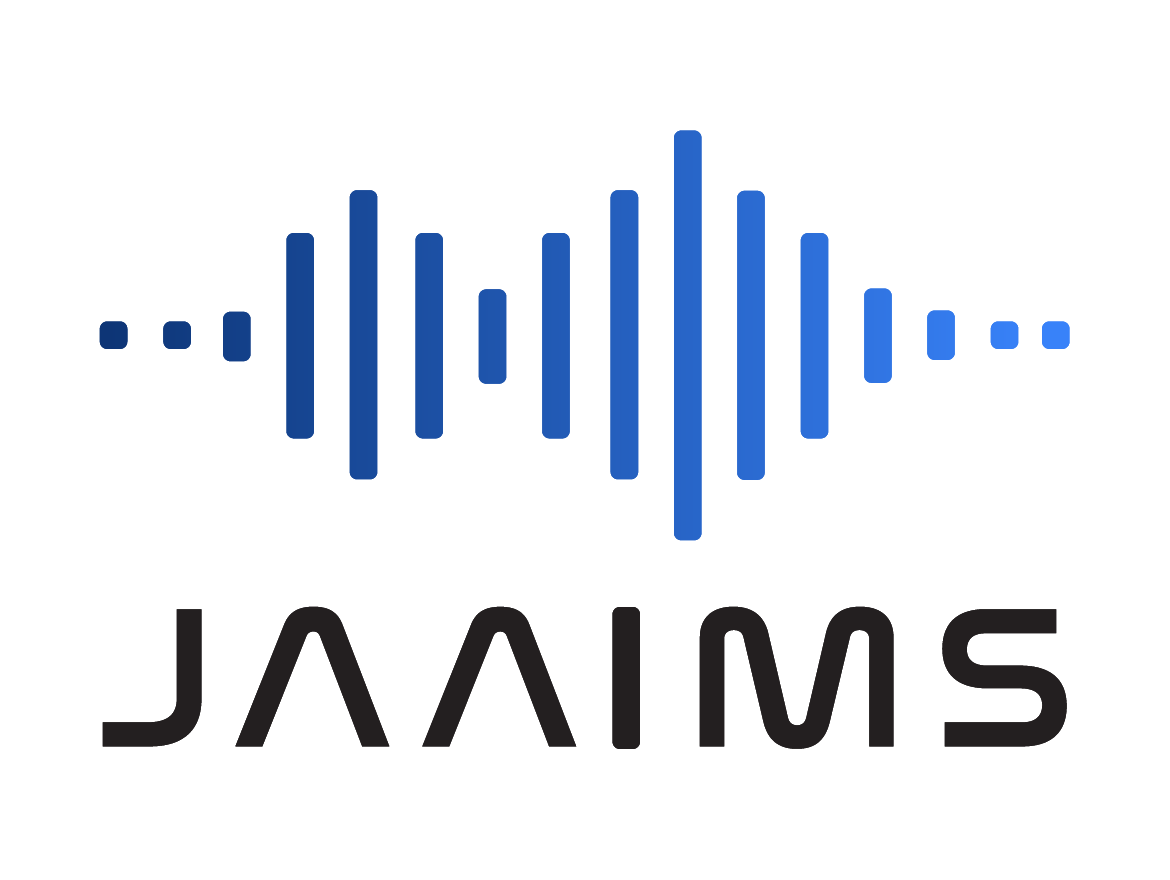Markets fall, meme stocks break records, and the outlook remains highly unpredictable.
Investors barely noticed a busy week of corporate earnings and declines across key US indices.
Rather, all eyes were firmly on the furious rally in ‘meme stocks’ – with GameStop (GME) skyrocketing 235% over the last five sessions, AMC 180%, and Koss Corporation (KOSS) 1,653%.
Despite many construing GME as a company in terminal decline, WallStreetBets (WSB) – a popular reddit forum – saw something more.
On one hand there was a fundamental argument behind this rally: the company had recently beefed up its board, the next console cycle was just getting started, and a renewed focus was being placed on e-commerce.
More interestingly, the stock had been aggressively shorted, with more than 100% of GameStop’s float sold short by early 2020. A short squeeze possibly loomed – one that would invariably push the share price even higher.
Whether a short squeeze was WSB’s intention is irrelevant: stock trading and options buying saw the share price explode in January, with GME currently up 1,784% YTD. Firms who sold the stock short got crushed: S3 Partners estimate that short sellers have lost nearly $20 billion shorting the stock.
Confoundingly, despite the losses suffered from shorting GME, the stock remains heavily bet against, with Ihor Dusaniwsky, from S3, telling CNBC last Friday that ‘In actuality the data shows that total net shares shorted hasn’t moved all that much.’
Will shorts get squeezed again?
Elsewhere and looking ahead, traders should monitor broker decisions carefully. Last Thursday, one prominent online broker’s decision to halt buy orders on a number of these meme stocks triggered a vicious sell-off across these names. The broker quickly reversed that decision – saying it would allow limited buy orders from Friday, 29 January – in a move that whipped the market back into a buying frenzy.
Ultimately, much of the trading activity around these meme stocks seems less about meeting any kind of personal financial goals, but rather about sending a message to Wall Street. With a political motive driving investor behaviour, at least in part, the outlook for these hyper-volatile pockets of the market remains unpredictable.
